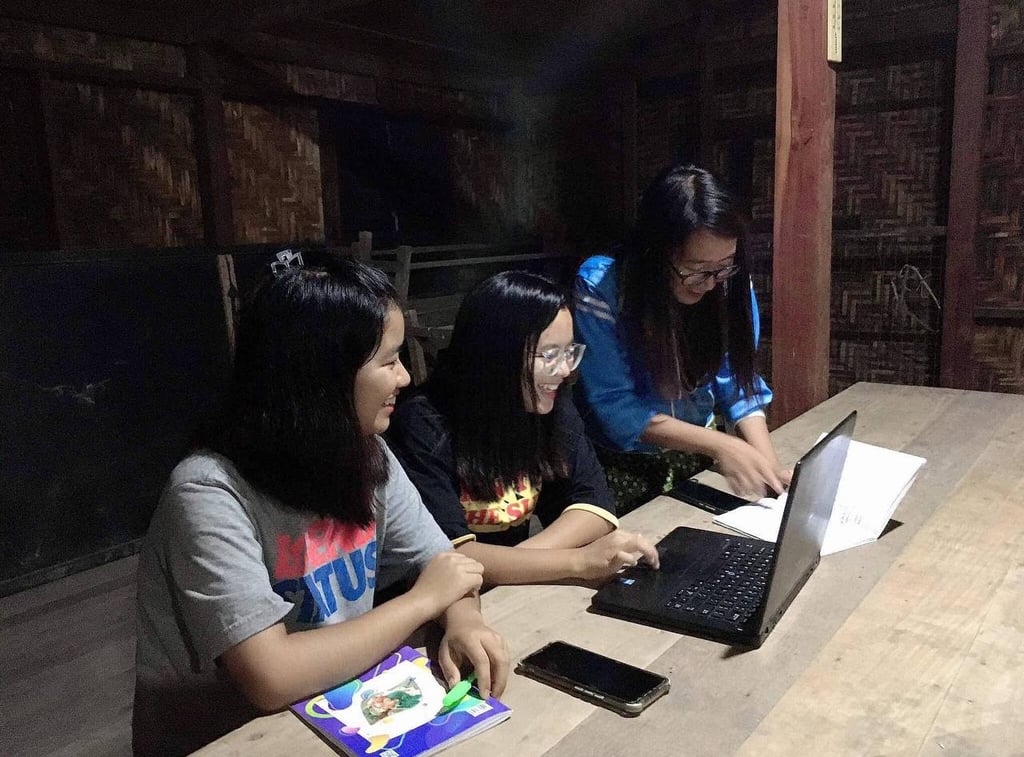

Developing Sustainable Models for Continued Learning Post-Crisis
This research explores sustainable solutions for continued learning for individuals who lost access to education due to crises such as conflicts, natural disasters, or pandemics. The goal is to identify and develop models, technologies, and policies that ensure equitable access to education in post-crisis contexts, empowering affected individuals to rebuild their educational pathways and livelihoods.
Background
Crises disrupt education systems globally, leaving millions of learners without access to schools, teachers, and resources. Prolonged disruptions often lead to significant learning gaps, increased dropout rates, and long-term socioeconomic challenges. Vulnerable populations, including refugees, internally displaced persons, and marginalized communities, are disproportionately affected. Ensuring continued learning in such scenarios requires innovative and scalable approaches that are adaptive to the unique challenges of post-crisis environments.
Research Questions
1. What are the key barriers to continued learning for individuals affected by crises?
2. How can technology and alternative educational delivery models address these barriers?
3. What role do community-based initiatives and partnerships play in rebuilding access to education?
4. How can educational policies and funding mechanisms support long-term sustainability in post-crisis education?
Methodology
This research employs a multidisciplinary and participatory approach, including:
1. Needs Assessment: Conducting surveys and interviews with affected individuals, educators, and policymakers to understand the challenges and priorities for continued learning.
2. Case Studies: Analyzing successful post-crisis education initiatives worldwide to identify best practices and lessons learned.
3. Model Development: Designing and testing scalable educational delivery models, such as mobile learning platforms, community-based education hubs, and hybrid learning systems.
4. Impact Evaluation: Assessing the effectiveness of proposed models through metrics such as learner engagement, retention rates, and skill acquisition.
Research
Explore my research and educational achievements here.
Contact
Connect
© 2024. All rights reserved.